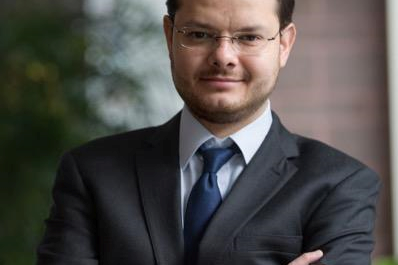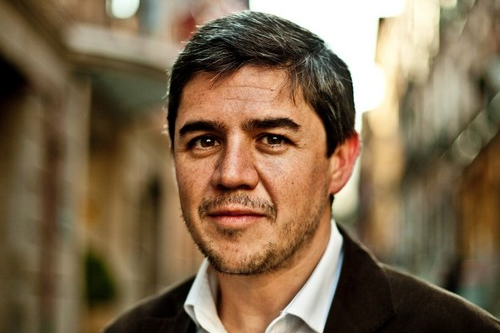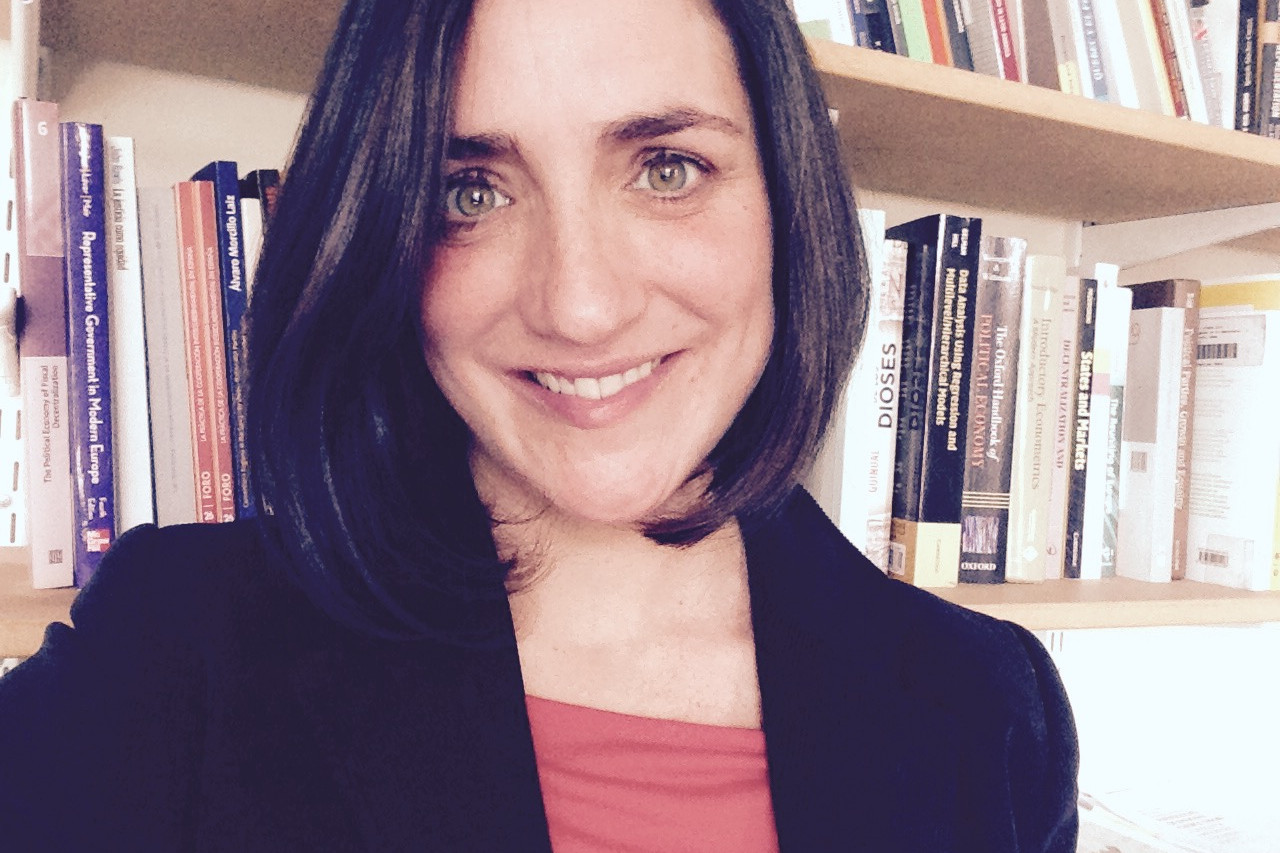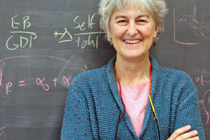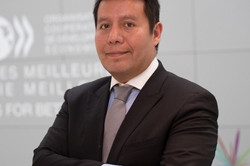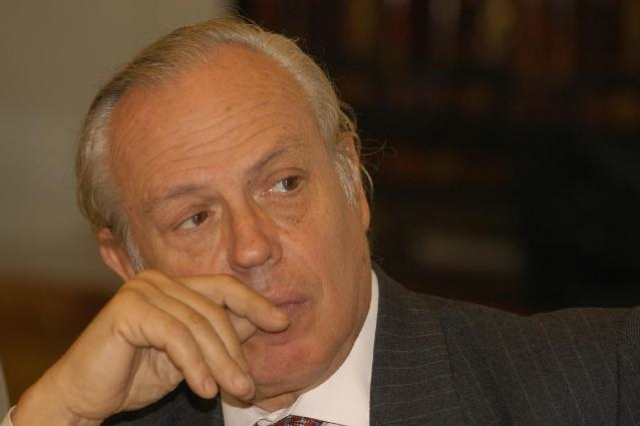Joaquín Santo. Degree in Hispanic Studies and Diploma in Social Work
Our society is unable to perceive the problem of inequality. A few years ago, before the crisis, when we believed that we lived in the best of all possible worlds, the invisibility of inequality might be understandable. However, it is far more difficult to understand that nothing has changed in this perception after continued increase in their numbers in recent years, the increasing importance given to it in the media and even political spaces and on top of all that, there has been a significant impact on the daily lives of millions of people.
It happens that inequality is perceived as a statistic or an anecdotal phenomenon. It is considered that this is a natural process or a sort of biblical curse: "You will always have the poor with you." In general, an increase in poverty is noticed but this social reality is not related to inequality and, in any case, it is thought that this is the logical consequence of the economic crisis which we are still suffering.
Nevertheless, let us put numbers to the phenomenon. In the last five years and according to standard accepted by Eurostat indicators (Gini and 80/20), Spain has become the European champion in inequality and inequalities have been increasing like no other European country, whether or not they are at the top of the awkward squad. If it were not for the latest correction made to the measurement criteria of these indicators by the INE, Spain would be the head of the 27 EU countries in both indicators. To complete this brief numerical look, we can add that severe poverty has risen from 8.4% in 2009 to 13.1% in 2013 (eight and a half million people) and in the same period the rate of poverty risk has passed 21.3% to 30.4% (14.1 million people). No less than 700,000 households that do not have a regular income.
Inequality is global
Playing with words, you could say that inequality arises not only because there are more poorer people, but because there are fewer people who accumulate more and more wealth. The numbers in the Credit Suisse Global Wealth Report Databook are eloquent in this respect: the richest 1% of the Spanish population holds 27% of the wealth, if we include up the 20% richest, we see that they have 69% of the property at their disposal; while the poorest 60% have only 15.3%, a figure that obviously gets worse as we descend in the analysis by decades.
According to Nobel economist Joseph Stiglitz, this increase in inequality, which not only occurs in Spain, is objectively socioeconomic bad news because it affects one of those intangibles that are essential for the effective functioning of human mechanisms: trust. Besides individuals and corporations that accumulate that wealth never hesitate to use it to bend the rules to their advantage, something that impairs the operation of the economy by altering the competitiveness that should be inherent to a market system, and ultimately affects the operation of democracies, being able (to use) and break the "one man / woman, one vote".
Somehow, we are getting to the core of my argument. Inequality is a problem because it affects the ethical heart of our society. Equality is actually one of the founding values of the heirs of the American and French revolutions political systems. For 200 years, no political system has been considered decent if it has not complied, even minimally, with the values that sustain the democratic credo: liberty, equality and fraternity. From this perspective, inequality is a problem because in practice, it contradicts what we say we believe in, and we believe is at the foundation of our society.
You do not get out of poverty with only your own efforts
It is a fact that we reject tyranny and dictatorship, we presume to have defeated totalitarianism. We like to see ourselves in the mirror as a worthy surnamed democratic society. The problem is that when we look in the mirror often only see what we want to see, or the scientific matter we are looking for. Like Lewis Carroll's Alice, should we go to the other side of the mirror, in this case the numbers and the purely scientific analysis and discover a reality in its essence, that at least in some way, resembles the society described by Dickens in at least one way that we find essential: meritocracy does not work, it has broken the social elevator.
This 30% of people who are at risk of poverty can no longer get where they want to be simply on their own merits. It is not that it is not possible, as it is obvious that you always can find concrete and specific examples to the contrary, but the objective figures show that people who have been impoverished by the current crisis cannot get out of the situation in which they find themselves through their own efforts alone.
The dream of building a middle-class society has faded. We have returned to a model characterized by an increasingly rigid social stratification, with very low mobility, in which the lives of most of everyone will be characterized by instability and in which the lowest 30% of the social scale has serious difficulties in maintaining a standard of living that we consider worthy.
In addition to other sources, the Report on the Social State of the Nation published by the ADYGSS marks the confluence of three factors combined as triggers of this new reality: the balance in collective bargaining on behalf of the business side has been broken, the fiscal system is clearly prejudicial to the interests of the lower and middle classes and finally, there have been huge social spending cuts in what was already poorly financed (we historically have a differential with EU average) and what was little redistributive. To give just a single statistic, the system of social services, already very weak before the crisis, has suffered a cumulative cut of 5.000 million Euros in the last four years.



